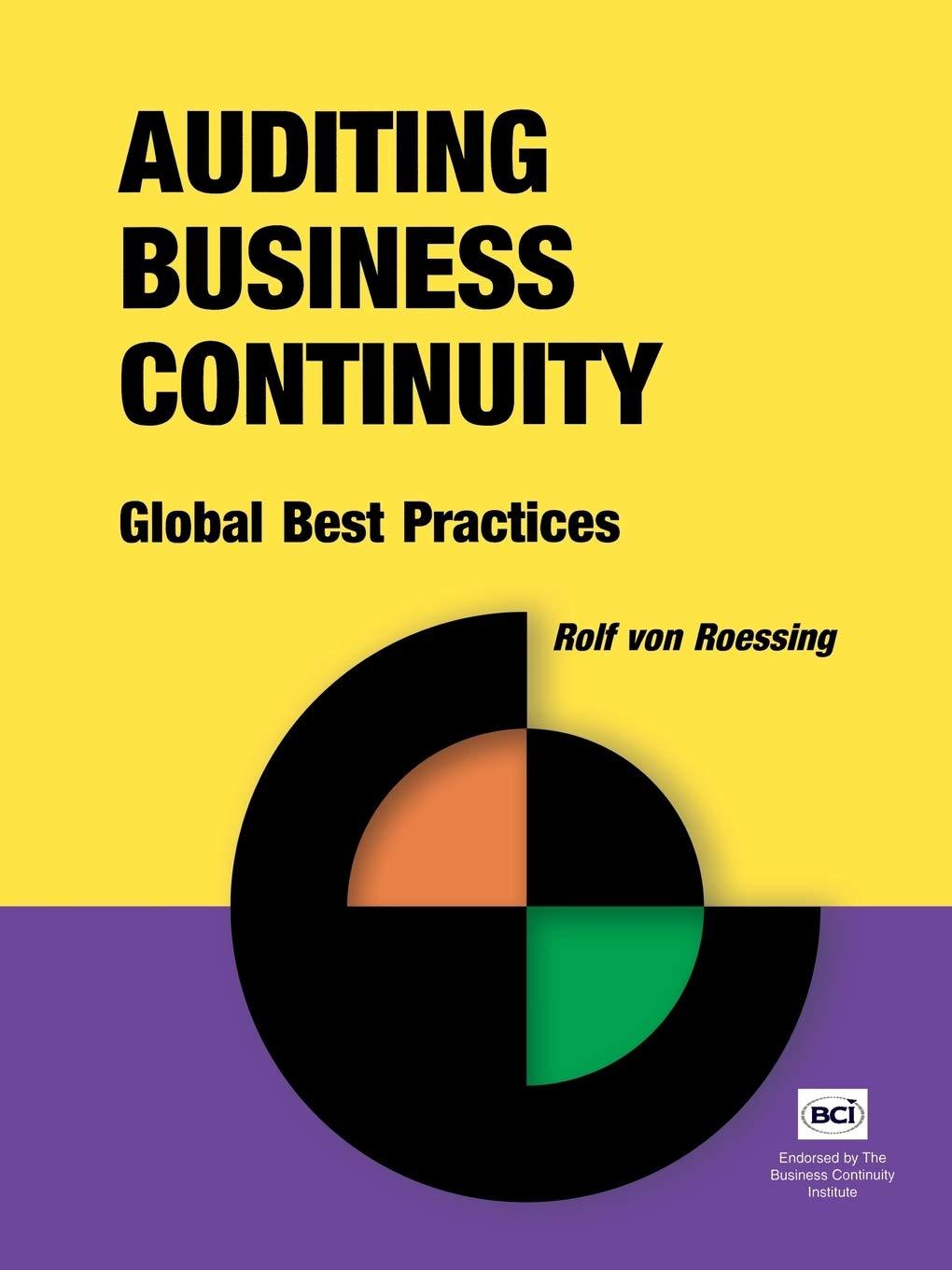Question
1.What are the three types of inventory for a manufacturer? 2.Be able to calculate Cost of Goods Manufactured. 3.Be able to calculate COGS for both
1.What are the three types of inventory for a manufacturer?
2.Be able to calculate Cost of Goods Manufactured.
3.Be able to calculate COGS for both merchandisers and manufacturers.
4.What types of businesses find job order costing to be the most appropriate approach for their product costing? What types of firms find process costing the most appropriate?
5.Be able to analyze a WIP account to determine a missing amount. This requires you to know what transactions are recorded with a debit to WIP and which are recorded with a credit.
6.Know the journal entries that are used to record job order costing transactions.
7.How is the Factory Overhead account closed at the end of the period? Be able to determine if Factory Overhead has been underapplied or overapplied.
8.Be able to calculate overhead assigned to a product using activity based costing using the following steps: 1) calculate the OH rate for the activity by dividing the budgeted OH by the budgeted cost driver; 2) multiple the predetermined OH rate x actual activity; & 3) add OH for all activities.
9.Be able to distinguish between activities that should be regarded as unit, batch, product, or facility level.
10.Be able to distinguish between fixed costs and variable costs and know how these types of cost behave on a per unit basis and in total. My face to face students hear me say repeatedly that variable costs are constant per unit, while fixed costs are constant in total. If this class had a t-shirt, thats what it would say.
11.Know how to calculate contribution margin and contribution margin ratio (both on a per unit basis and in total). Know both the formula and the definition (that amount available to cover fixed costs and profit).
12.Be able to use the high-low method to separate mixed costs into their variable and fixed components. As well, know how to use the cost formula generated by this method to project a new level of activity in the relevant range
13.Be able to calculate break-even in units and in dollars. As well, be able to tweak the formula to calculate what the required number of units sold would be to achieve a desired target profit (or the required sales revenue).
14.Be able to perform sensitivity analysis; i.e., how will break-even change when elements of the break-even formula change. What would be the result if variable costs are increased or if fixed costs decline or if the sales price per unit is increased, etc.
15.Be able to analyze a potential special order for profitability.
16.What is the difference in product cost per unit between absorption costing and variable costing?
17.What is the starting point for developing a master budget?
18.Be able to calculate cash receipts for a period and be able to prepare a cash budget.
19.What is a standard cost?
20.What is a flexible budget?
21.Be able to calculate variances for direct materials and direct labor.
22.What is an opportunity cost? A sunk cost?
23.What is a sales mix? Be able to calculate the sales mix that will result in the greatest profit when there is a constrained resource to make a product or limited demand for a product.
24.Be able to calculate the change in profitability if a product, division, or department is eliminated.
25.What is the payback period? How is this calculation best used?
26.Why is it important to consider the time value of money in capital budgeting decisions?
27.Be able to apply the net present value method of analyzing a capital budgeting decision, as well as the internal rate of return method.
28.What is JIT? Why is it important?
29.What is a materials requisition?
30.What is the definition of the margin of safety?
31.What other term can be used to describe a fixed budget? What other term can be used to describe a flexible budget?
Step by Step Solution
There are 3 Steps involved in it
Step: 1

Get Instant Access to Expert-Tailored Solutions
See step-by-step solutions with expert insights and AI powered tools for academic success
Step: 2

Step: 3

Ace Your Homework with AI
Get the answers you need in no time with our AI-driven, step-by-step assistance
Get Started


